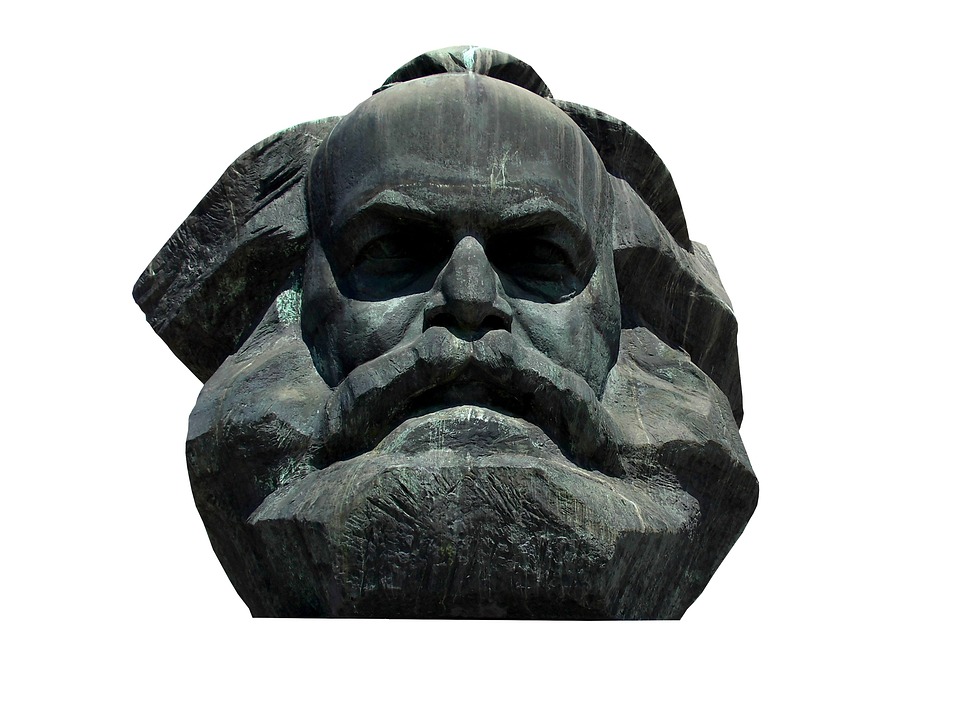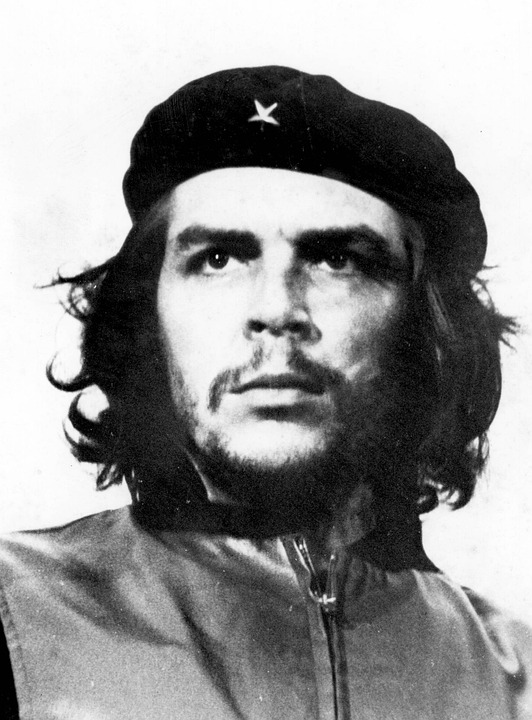Introduction
Marxism is a political and economic theory developed by Karl Marx and Friedrich Engels that calls for the establishment of a classless society through revolutionary means. Central to Marxist ideology is the belief that capitalism perpetuates social inequalities and exploitation, and that a proletarian revolution is necessary to overthrow the capitalist system and create a socialist society. This article will examine the key principles of Marxism and its call for social change through revolution.
The Principles of Marxism
At the core of Marxism is the theory of historical materialism, which asserts that the history of society is driven by the conflict between different social classes over the means of production. Marxists believe that the ruling class (the bourgeoisie) exploits the working class (the proletariat) by extracting surplus value from their labor. This relationship of exploitation leads to the accumulation of wealth and power in the hands of the bourgeoisie, while the proletariat is left with little to no economic security or control over their own lives.
Marxism also emphasizes the concept of dialectical materialism, which posits that society evolves through a dialectical process of contradictions and struggles. According to this theory, social change occurs through the resolution of contradictions between opposing forces, leading to the emergence of new social relations and structures. In the context of Marxism, these contradictions manifest in the form of class conflict and the struggle between the forces of capitalism and socialism.
Class Struggle and Revolution
Marxists argue that the only way to overthrow the capitalist system and end the exploitation of the proletariat is through a proletarian revolution. This revolution is seen as a necessary and inevitable stage in the historical development of society, as it is the only way to fundamentally transform the existing social order and establish a classless society based on collective ownership and control of the means of production.
The concept of revolution in Marxism is rooted in the idea of class struggle, which is the driving force behind historical change. Marxists believe that the working class, as the most oppressed and exploited group in society, has the potential to challenge and overthrow the ruling class through organized collective action. The goal of revolution is to overthrow the capitalist state, dismantle the existing economic and social structures, and establish a socialist society based on principles of equality, democracy, and solidarity.
The Role of Revolution in Social Change
Marxists argue that revolution is not simply a means to an end, but a transformative process that reshapes the political, economic, and social relations of society. Revolution is seen as a radical and disruptive force that breaks with the existing order and paves the way for the construction of a new society based on principles of justice and equality.
Revolution in Marxism is also understood as a process of consciousness-raising and political education. Marxists believe that the working class must become class-conscious and recognize their shared interests and collective power in order to successfully challenge and overthrow the capitalist system. This process of political awakening and organization is seen as essential for mobilizing the masses and building a revolutionary movement capable of confronting the ruling class and seizing power.
Conclusion
In conclusion, Marxism advocates for social change through revolution as a means to overthrow the capitalist system and establish a classless society based on principles of equality and solidarity. The ideology of Marxism is rooted in the belief that capitalism perpetuates social inequalities and exploitation, and that the working class has the potential to challenge and transform the existing social order through organized collective action. By examining the key principles of Marxism and its call for social change through revolution, we can better understand the revolutionary potential of Marxism as a political and economic theory.




